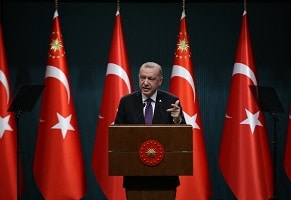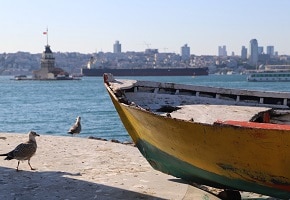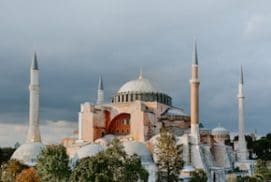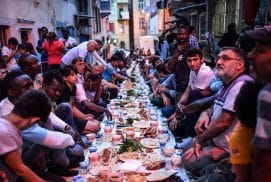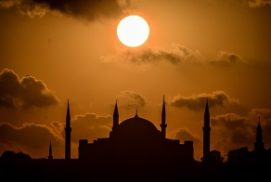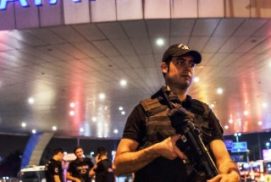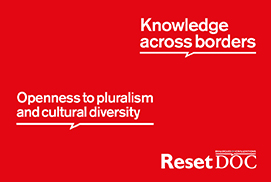Mariano Giustino 19 January 2023
The sentencing of popular Istanbul Mayor Ekrem İmamoğlu to 2 years and 7 months in prison with a lifetime ban from public office on suspicion of insulting the judges of the Supreme Electoral Council (YSK) has reinvigorated the opposition and provided their leaders with an opportunity to cement their base.


